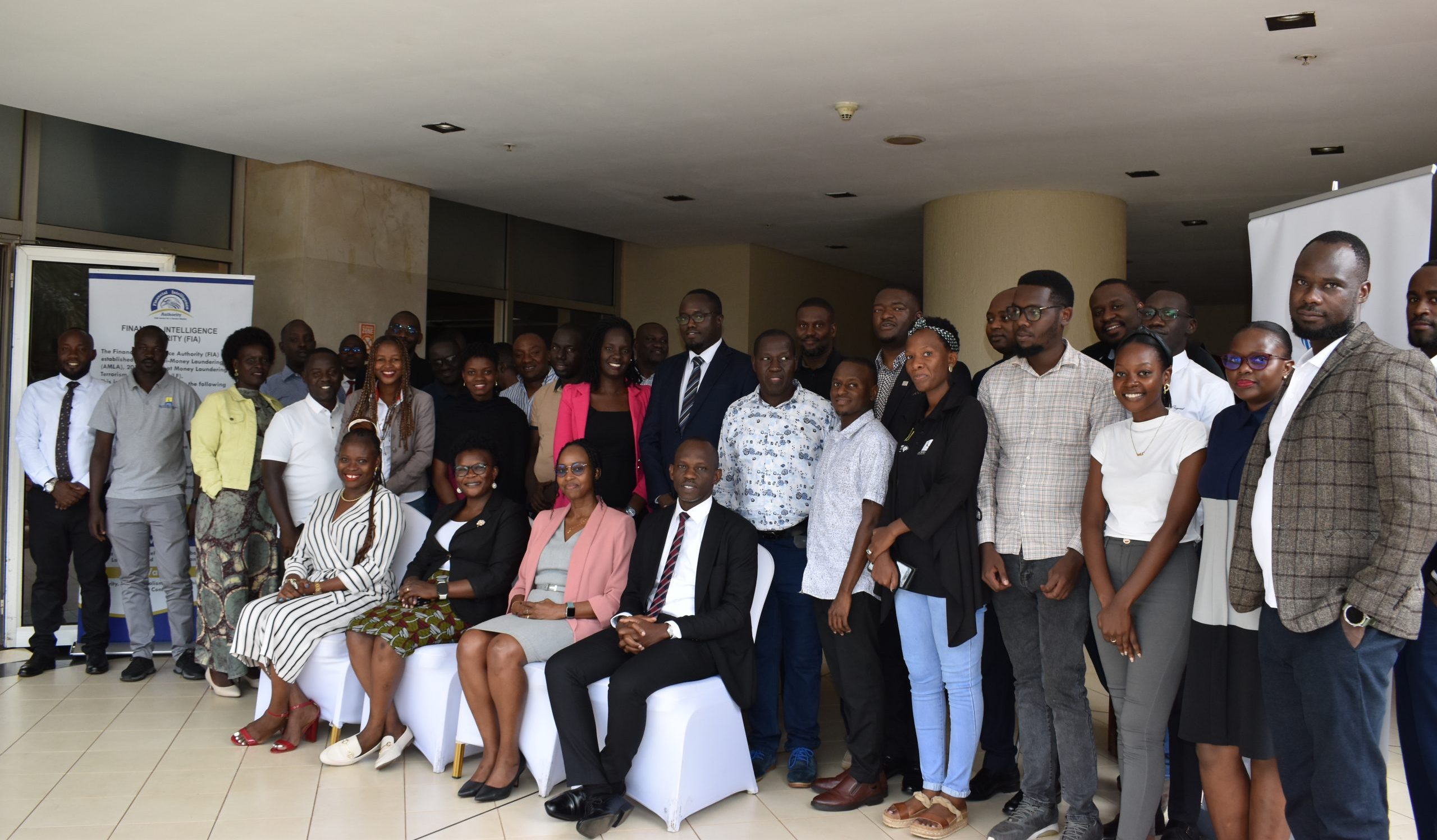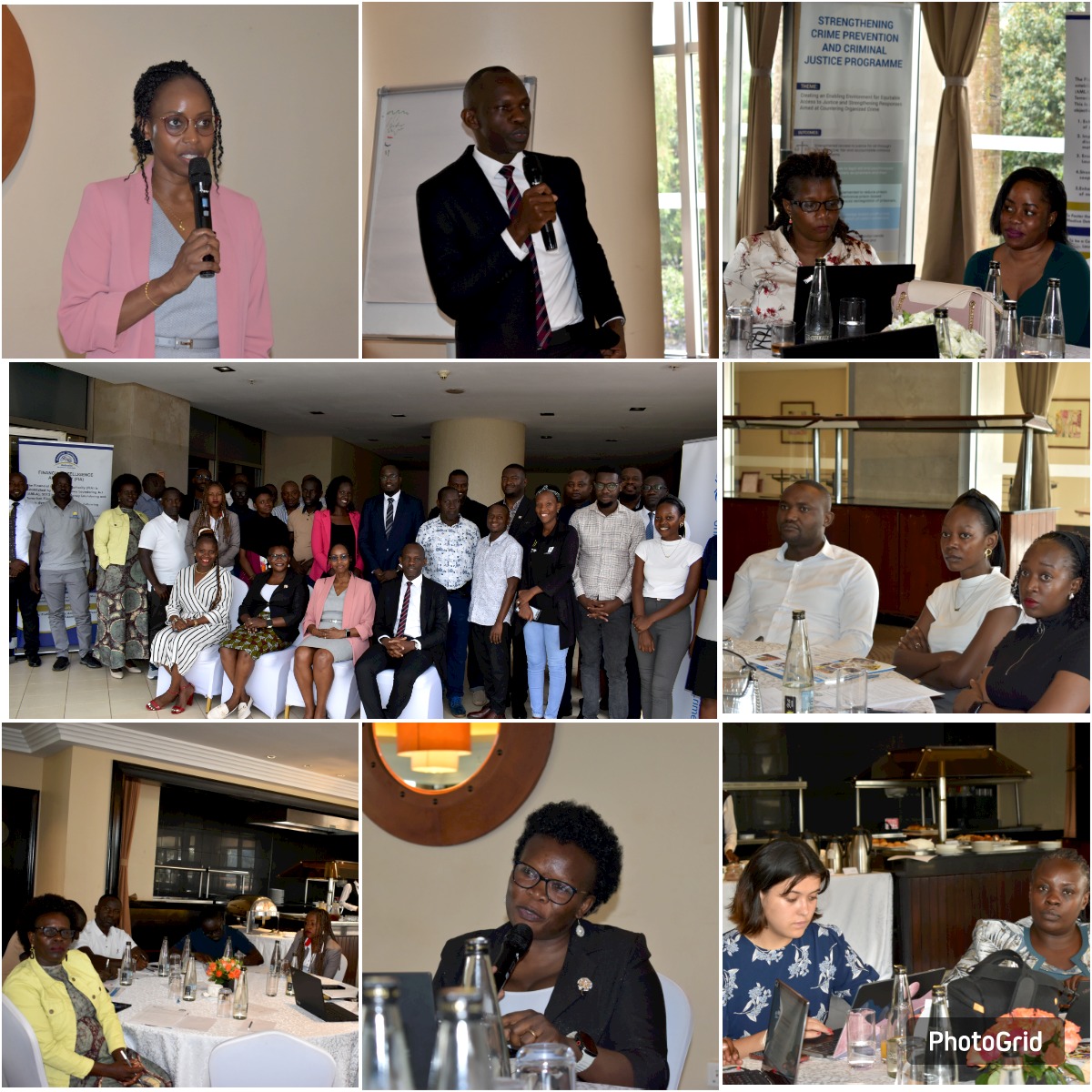
Uganda Revenue Authority (URA) and the Financial Investigations Authority (FIA) in partnership with the United Nations Office on Drug and Crime (UNODC), held a workshop at Sheraton Hotel Kampala on enhancing investigation and prosecution of tax crimes and money laundering in the country.
Uganda passed the Anti-Money Laundering Act (AML Act) in 2013. Prior to this, money laundering was not criminalised under Ugandan law. Uganda’s Financial Intelligence Authority (FIA) was only established in July 2014.
Money laundering and tax crimes commonly involve concealing or otherwise disguising illegal or taxable proceeds. It’s objective is to enable the offenders to enjoy these proceeds, avoiding any sanctions and confiscation.
To this end, money laundering is customarily thought to involve three stages: the placement stage, where the criminal proceeds are placed in a financial institution or used to purchase an asset, the layering stage, where complex schemes are used to disguise the funding source and obscure the financial trail (e.g., multiple and convoluted wire transfers), and the integration stage, where the criminal proceeds are integrated into the formal economy like buying a luxury real estate.
A recently launched 2017-2021 report by FIA highlighted that; 979 criminal investigations have been conducted and URA and FIA have prosecuted and convicted 379 cases.
This is in addition to UGX 600.86 billion in confiscated proceeds of which UGX 8 billion was recovered through Members of the Legislative Assembly (MLA) requests.
In the same report, tax crimes were ranked the second highest proceeds-generating crime in Uganda after corruption. VAT fraud was the most prevalent mainly through false declarations and fictitious invoices, facilitated by the informal cash-based economy.
Speaking to the delegation, the Commissioner Legal Services and Board Affairs, Catherine Donovan Kyokunda stated that the country’s economy is growing at a fast pace and that URA and FIA should increase their efficiency in combatting money laundering.
“Corruption is one of the main channels for money laundering in the nation, and those involved in money laundering control the prices of real estate on the market, which is why property values are currently skyrocketing,” Donovan remarked.
“As URA we have a lot to do as we automate our systems, we have a lot of information on tax-payers which through collaborative efforts can be shared with FIA to jointly tackle these emerging tax crimes,” she added.
Additionally, the FIA representative urged the two bodies to take-on joint investigations on money laundering to increase the tax base as well as collaborate to prosecute offences related to the same.
By Jacinta Obore Mirembe






No Comments yet!